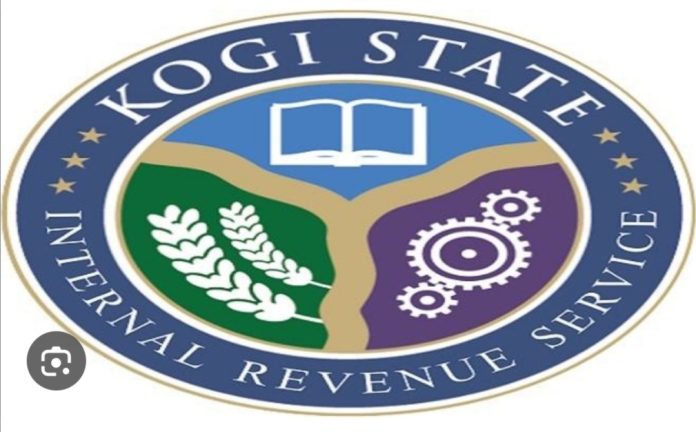Kogi State Internal Revenue Services (KGIRS) has asked the State House of Assembly to domesticate the Nigeria Tax Act and Nigeria Tax Administration Act, for easy implementation in the state.
The Executive Chairman of the Service, Dr Salihu Enehe, who led his team to the Assembly Complex in Lokoja, said the awareness meeting with the Assembly has become imperative.
He described the Nigeria Tax Act as a compressed compendium of various tax laws hitherto operating in the country into a single document with a view to addressing issues of multiple taxation and promoting transparency in tax administration in the country.
He commended President Bola Ahmed Tinubu for taking the bold step of embarking on the tax reforms to enable harmony in the tax ecosystem.
Enehe said that implementation of the new tax laws, scheduled to take effect from January 2026, would enhance transparency in administration and transactions, investments, and proffer measures against tax evasion.
“On 26th of June this year, the President of the Republic of Nigeria signed four laws, and these four laws have caused disruptions going forward into the future, in terms of tax and Administration”, he said.
“With these disruptions come a great opportunity and great threat. A great opportunity for those who are ready and prepared to abide and adhere to the laws but a great threat for those want to remain in the past and resistant to change.”
According to him, the four laws include the Nigeria Tax Act, the Nigeria Tax Administration Act, the Joint Revenue Board Establishment Act, and the Nigeria Revenue Service Establishment Act.
He noted that implementation of the Nigeria Tax Act and the Nigeria Tax Administration Act operational at the state level would be fair to low-income earners, a reduction for middle-level earners, and tough on high-income earners.
The Executive Chairman pointed out that under the new tax laws, which would be operational from January 2026, people earning gross annual income of less than N1.3 million would be exempted from tax, while middle-level earners of between N1.3 million and N3 million would have their taxes reduced.
He further explained that a higher gross annual income above N3 million would attract higher taxes, meaning that “Big men” and business organisations would pay more.
A Consultant with the KGIRS, Barrister Henry Ojuola, in his remark, urged the House not to bother with making new laws on the matter, even though the Acts provide that they could enact or implement.
Barrister Ojuola, a former member of the Assembly, however, advised the Assembly and the Service to rely on the Acts in their implementation, saying Chapter 5 of the Tax Administration Act has specified many offences as well as punishments for the Tax Tribunal to handle.
“Ensure your Tax Tribunal is effective by ensuring that ‘Unpurchasable persons’ are members. Ensure that the people you send to collect taxes are not dishonest Nigerians, a Legal Practitioner advised.
In his closing remarks, Chairman of the House Standing Committee on Finance, Hon. Akus Lawal, appreciated the KGIRS Chairman and his team for initiating the engagement.
The Lawmaker expressed optimism that in no time, Kogi would be rated as the number three state among the 19 Northern states, after Kano, Kaduna, and Kogi State, and number one in North-Central in terms of Internally Generated Revenue drive.
Hon. Lawal, representing Ankpa I Constituency, said the legislators were now better informed on the issue of revenue and tax administration in Nigeria and are looking forward to receiving the two tax laws to “do the needful”.




